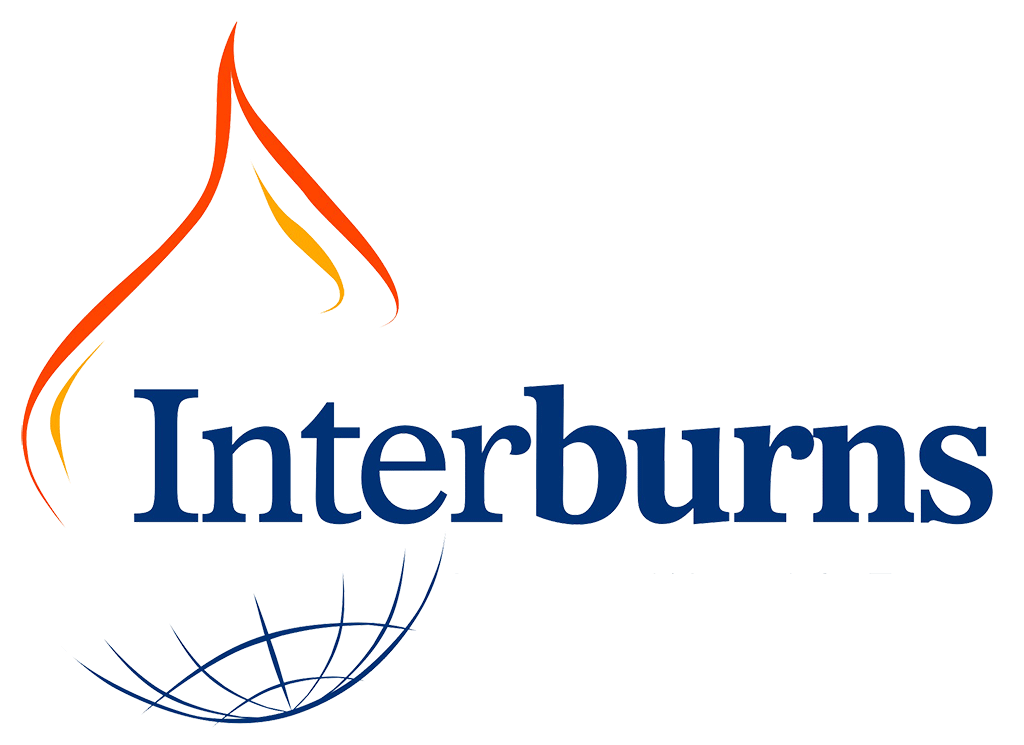Practical guidelines and checklists developed.
In February 2017, Interburns held a 5 day international consensus meeting in Kathmandu, Nepal to develop practical guidelines and checklists for burn care that can be used by individual clinicians working in resource-poor settings globally.
More than 30 participants attended the multi disciplinary event including plastic surgeons, nurses, physiotherapists, occupational therapists and policy-makers from 9 countries such as Afghanistan, Bangladesh, Egypt, India, Nepal and the West Bank, as well as the USA, UK and Switzerland.
A key adaptation based on feedback was a shift away from unit-level policies, to practical, actionable checklists for use by burn staff on a daily basis. Participants felt that unit-level policies could be of limited practical use in the daily running of a service.
The programme therefore developed checklists for key areas of practice such as a daily checklist for a burns patient, checklists for discharge and follow-up, infection prevention/identification/control, pain management, surgical care, and wound care etc.
The meeting also reviewed clinical guidelines developed by the International Society for Burn Injuries and examined how these could be practically implemented in low income settings.
While these resources have been developed to pilot in Bangladesh and Nepal, the aim is for them to be relevant as a global tool appropriate for resource-poor settings worldwide (whether LMICs or conflict scenarios).
These resources will be integrated into Interburns’ wider capacity-building approach combining assessment, research, education and training with prevention programmes and advocacy, all of which have been developed and delivered in close collaboration with local teams.
Interburns would like to thank the UK Department for International Development (UKAID) for funding this programme as part of a larger multi-year project to improve burn care and prevention in Bangladesh, Nepal and other resource-poor countries globally.
Thanks also to our partners, the Nepal Burn Society, for their role in hosting and organising the meeting, and particularly Programme Manager Anil Dhital.
